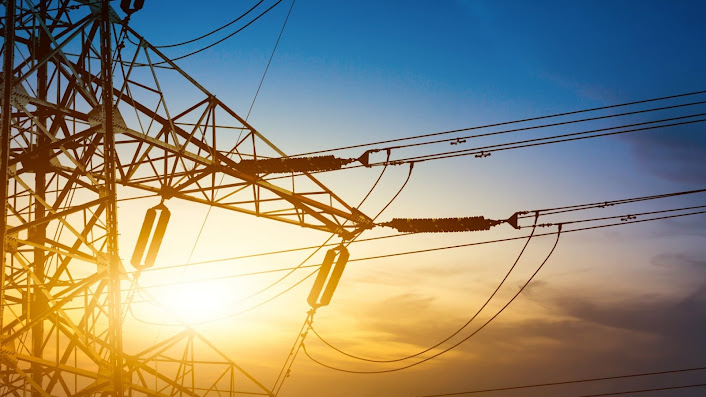The Minister of Energy and Green Transition, Hon. John Jinapor has sounded an alarm over an urgent funding crisis that threatens to disrupt power generation nationwide. According to the Minister, the country requires an immediate GH₵1.1 billion to procure liquid fuel, as current reserves are expected to last only 2.6 days.
Addressing the Parliamentary Energy Committee, Hon. Jinapor laid bare the precarious financial state of the energy sector, citing a GH₵2 billion monthly deficit and poor revenue mobilization by the Electricity Company of Ghana (ECG) as core contributors.
“The fuel we have will last us just 2.6 days. Although we have placed orders for more fuel, these must be paid for.
“Some fuel has been procured on credit, and we are coordinating with the Ministry of Finance for payment. However, the Ministry of Finance also faces its limitations.”
Hon. John Jinapor, Minister of Energy and Green Transition
The crisis not only threatens to derail power supply but also reveals deeper structural and financial weaknesses in Ghana’s energy infrastructure.
Hon. Jinapor announced that the issue would soon be tabled before the Cabinet, where broader strategic reforms—including private sector participation in ECG operations—will be discussed.
In addition to ECG’s revenue collection challenges, the Minister disclosed alarming levels of non-payment by state institutions.
He singled out Ghana Water Limited (GWL), revealing that the utility company had failed to pay its electricity bills for the past seven months, despite continuing to consume power.
This revelation adds another layer to the sector’s fiscal instability, with public institutions setting a troubling precedent in a system already marred by inefficiencies and under-collection.
Private Sector Involvement on the Table

To curb mounting losses and inject efficiency into ECG’s operations, the Minister suggested revisiting the idea of involving private entities in aspects of ECG’s revenue collection and metering systems.
Hon. Jinapor indicated that while not a complete fix, private sector participation could significantly reduce revenue losses.
“It does not entirely solve the problem, but it takes us to another level because if the collections are reduced from the 40% to 5%, it means that we will be collecting more.”
Hon. John Jinapor, Minister of Energy and Green Transition
Past attempts at private sector participation in ECG management—most notably the now-defunct PDS deal—have been controversial.
However, with revenue shortfalls crippling sector operations, the government appears willing to explore restructured models of private collaboration.
Hon. Jinapor also called out Metropolitan, Municipal, and District Assemblies (MMDAs) for failing to make timely payments on electricity bills, stressing the need for local governments to integrate energy costs into their budget planning processes.

“Even critical institutions, including those in health, education, security, and the presidency, require proper budgetary allocation for their energy consumption.”
Hon. John Jinapor, Minister of Energy and Green Transition
The Minister’s statement pointed to a broader governance issue—budget indiscipline and weak oversight over public sector energy use, which continue to erode the financial viability of the power sector.
The immediate need for GH₵1.1 billion is symptomatic of deeper financial challenges in Ghana’s power ecosystem.
Independent power producers, who supply a significant share of Ghana’s electricity, are also owed billions in arrears, threatening their ability to continue operations.
The current situation leaves the government caught between maintaining supply stability and managing a ballooning fiscal deficit.
Hon. Jinapor’s presentation before Parliament’s Energy Committee was not just a routine policy update—it was a warning. The current model, he implied, is no longer sustainable without urgent action.
For now, the clock is ticking—2.6 days’ worth of fuel and a GH₵1.1 billion gap demand immediate answers.
READ ALSO: Cedi Gains Not Enough for Recovery – IERPP Boss Warns Against Overreliance on Global Trends



















